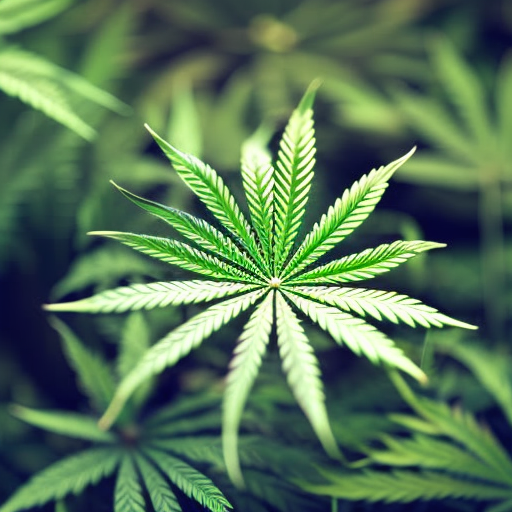
In recent years, the cannabis industry has experienced significant growth, thanks to the adoption of regulated cannabis for medical and adult-use purposes. This has led to an increased demand for cannabis testing services. However, regulations governing the industry vary from state to state, resulting in inconsistencies in testing procedures and standards.
But there is hope on the horizon. The recent advancement of House Bill H.R.3617, also known as the Marijuana Opportunity Reinvestment and Expungement (MORE) Act, to the Senate suggests that federal legalized markets for cannabis may be closer than ever before.
If the MORE Act is passed into law, it would have far-reaching implications for the cannabis industry. Cannabis would be removed from its current status scheduled under the Controlled Substances Act (CSA), leading to the elimination of many criminal penalties associated with possession, distribution, and manufacturing. It would also create an expungement process for previous federal offenses and put in place a framework for taxation. Additionally, barriers to basic financial services for cannabis businesses would be removed, resulting in greater financial equity and access to traditional banking services.
With the potential legalization of cannabis at the federal level, the trajectory of cannabis testing is expected to change significantly. As access to cannabis expands geographically and the volume of production increases, there will be a greater demand for testing services. However, if cannabis can move freely across state lines, there may not be a need for testing services in every locale. Existing courier services such as USPS, FedEx, and UPS could transport samples to cannabis laboratories.
As the industry moves towards standardization at the federal level, consolidation within the testing services segment is likely to occur. Just as production and retail operations have experienced consolidation through acquisitions, testing services may follow suit.
In a future scenario where federally legal cannabis markets exist, more robust quality assurance (QA) and quality control (QC) requirements are expected. Federal oversight tends to standardize quality control criteria across state lines, similar to established testing industries for water quality or pharmaceuticals. This would necessitate the strengthening of QC procedures in many pre-existing labs, adding additional costs to testing.
Automation and built-for-purpose software for data handling are also expected to play a significant role in the future of cannabis testing. As laboratories aim to process higher volumes of samples, automated sample preparation becomes essential. Additionally, secure handling and storage of the copious amounts of raw data produced by cannabis testing operations can be facilitated by customized laboratory information management system (LIMS) software.
Beyond compliance testing mandated by state regulations, there are opportunities for testing labs to support cannabis cultivators and manufacturers in various aspects of their operations. In-process testing at different stages of cultivation or manufacturing, screening of inputs, environmental monitoring, and screening for pests or infections can provide valuable services to cannabis businesses.
Overall, the future trajectory of cannabis testing looks promising. As the industry becomes standardized nationwide, automated, quality-controlled, expanded in scope, and market-valued, cannabis testing will play a crucial role in ensuring the safety and quality of cannabis products as federal oversight looms on the horizon.

